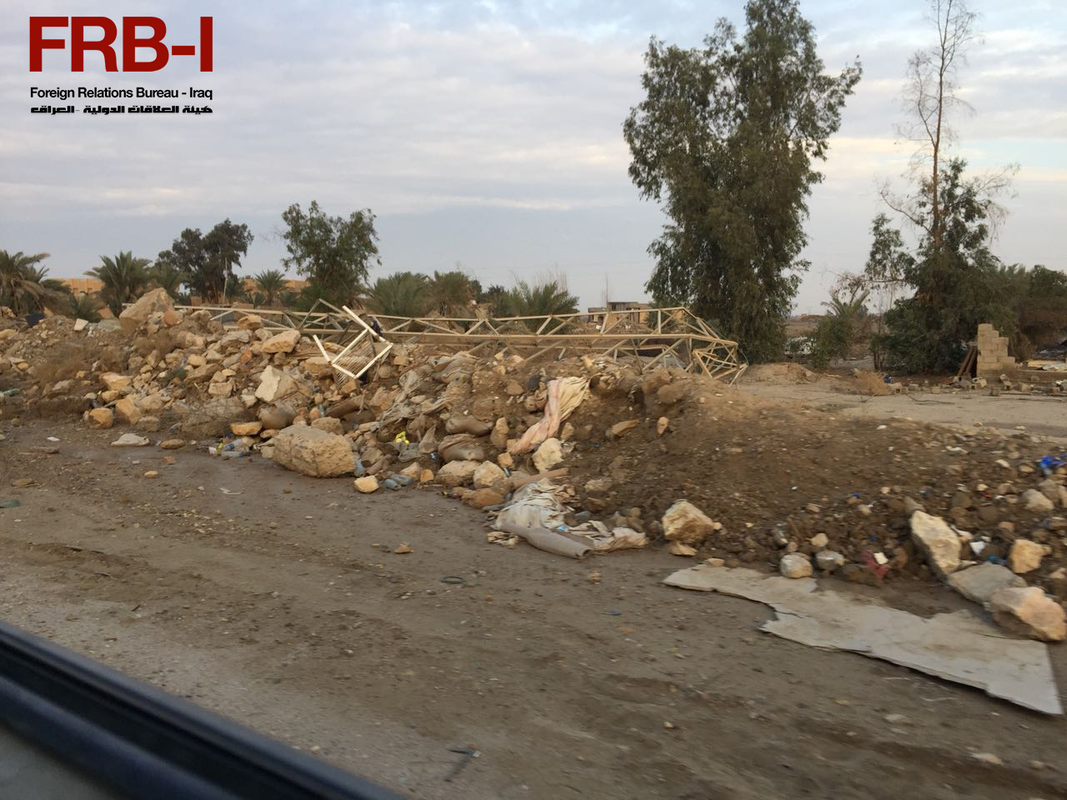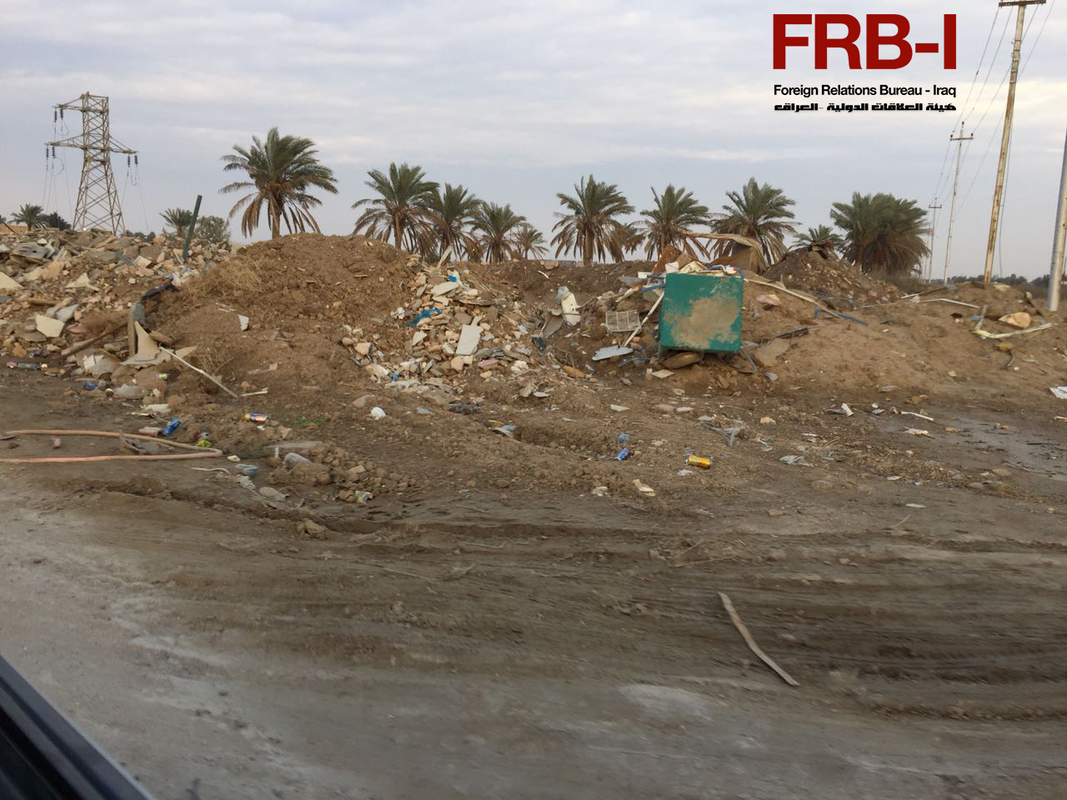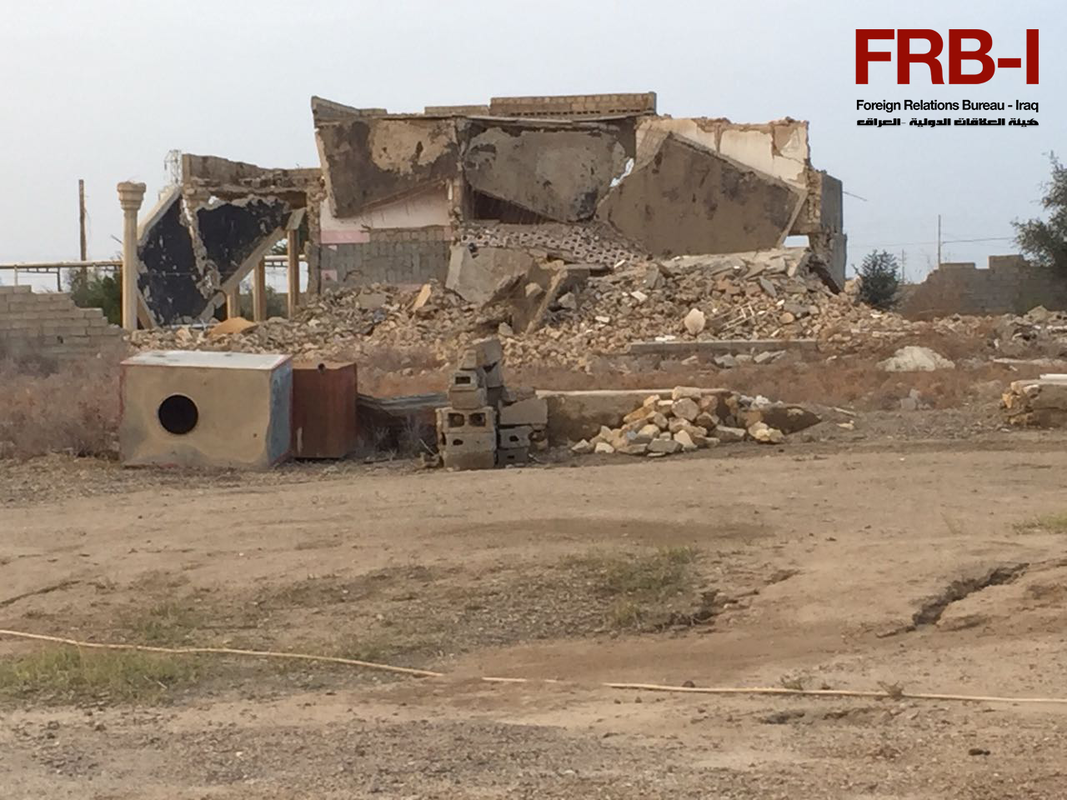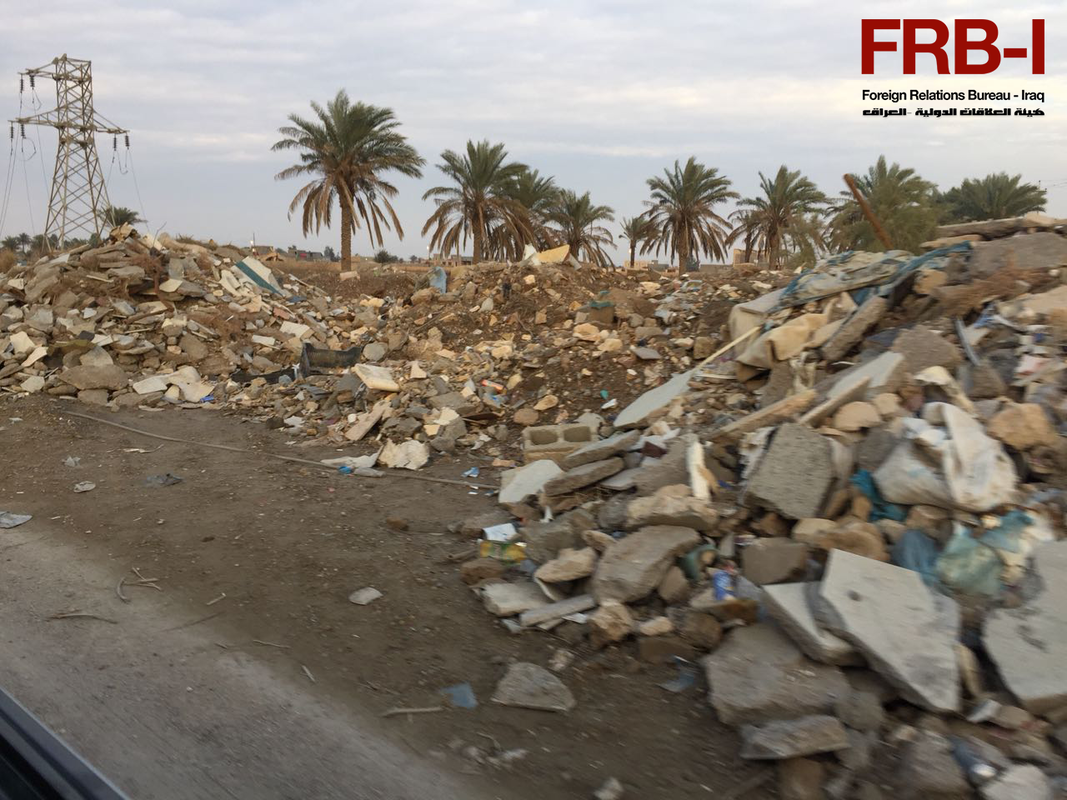In February 2016, a United Nations (UN) assessment found that nearly every building in the suburbs of the city was damaged or destroyed. The UN analysis for satellite images of Ramadi showed that nearly 5,700 buildings in the city and its outskirts were damaged in mid-2014, while around 2,000 were completely destroyed. Local officials revealed that all water, electricity, sewage and other infrastructure projects - such as bridges, government facilities, hospitals and schools - suffered some damages.
Following the recapture of Ramadi from IS, the UN and local authorities planned to rebuild health, water and energy services in the city. However, two years after the recapture of the city from IS, and despite many substantial contributions from various sources to reconstruct the city, Ramadi still resembles a city that has just witnessed fierce battles. The outskirts of the city are completely destroyed, and the rubble is still blocking many streets there, while many residents cannot return to their houses because they are totally destroyed.
Despite the Iraqi government promising to pay compensation to residents to help with rebuilding their properties, there are no signs of hope for reconstruction of the city. The locals face a difficult and complex process to get the government promised compensation. They have to pay bribes to government appointed committees, responsible for the assessment of the damage inflicted to their properties by the military operations led by the US forces and Iraqi forces backed by the Popular Mobilization Forces (PMF).
Al Dulaimi said that the applicants have to pay another bribe of $250-$500 to another committee responsible for assessing the damage inflicted to the properties. “The people of Ramadi have been living in camps for a long time and since IS captured the city. They do not have enough money to pay for these corrupt committees,” al Dulami said.
According to al Dulaimi, the last step of this complex process is to negotiate the bribes to be paid to mediators who work for the “Compensation Committee” which is appointed by the local government of Anbar province. The mediators usually negotiate the bribes they want to extract from the owners of the damaged properties. The amounts of these bribes are usually decided depending on the compensations that the Compensation Committee allocate.
Al Dulaimi added that despite the compensation of 50 million Iraqi dinars, it is not enough to rebuild his destroyed home. As is the case with all residents in a similar situation, he had to accept the compensation even it would only help rebuilding some parts of his destroyed house.
“The locals have to pay bribes to get their homes rebuilt, otherwise they will live in camps for the rest of their lives” al Dulaimi said.
Corruption has been a major challenge for rebuilding Iraq after the US-led invasion in 2003. According to Transparency International’s Corruption Perception Index, Iraq is ranked as the seventh most corrupt country in the world. Problems in Iraq include a lack of transparency in government regulations, government involvement in bribery and preferential tenders, embezzlement of public funds, a weak judicial system, feeble role for public opinion and the media in confronting corruption, and the ineffectiveness of public sector anti-corruption efforts.





 RSS Feed
RSS Feed